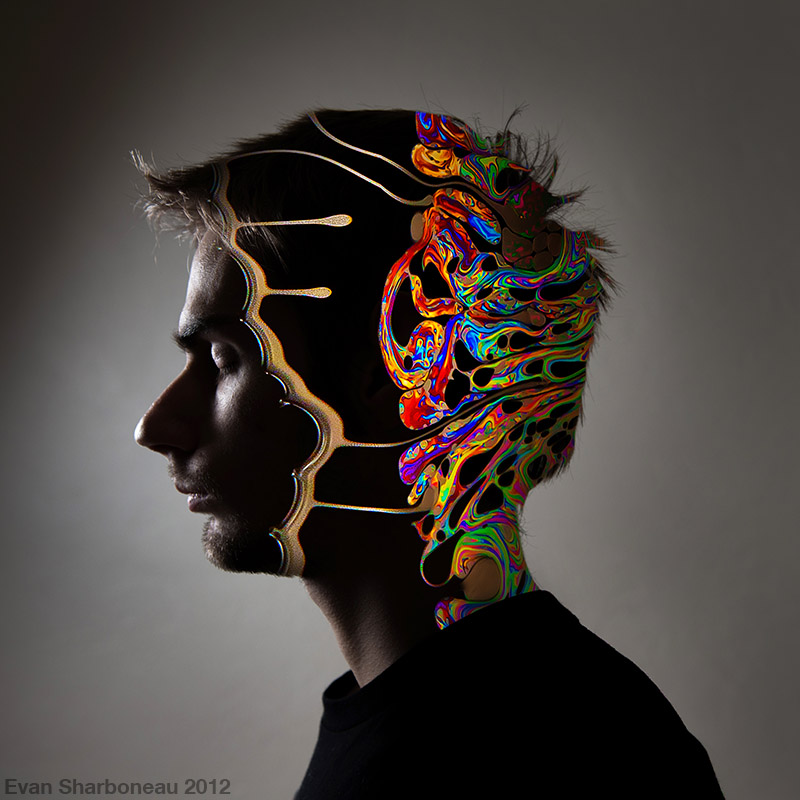As medical students, we have to take many classes. Some of them are relatively easy, and some of them are hard. One class notorious for being very difficult is neurology. Despite this, though, I find neurology to be one of the most fascinating subjects we study. Think about it: everything we call “us” arises somehow out of vast networks of interconnected neurons. It is mind-blowing to even begin to contemplate the complexity of the neuronal machinery responsible for such tasks as creating our thoughts, emotions, personalities, etc. etc.
For millennia, philosophers have been attempting to accurately describe what it is to be human without the aid of neuroscience. Only recently has neuroscience been added into the mix of this speculation; the first notable contribution of neuroscience to theories of mind appeared in 1949 as Donald Hebb’s book The Organization of Behavior. For the first time in a major publication, a neuroscientist postulated that it was possible for the purely physical processes of neuronal circuitry to explain psychological phenomena like states of mind and learning. Before the advent of neuroscience, learning was considered a psychological phenomenon, and any attempt to explain it in detail had no recourse to neurophysiology. Now, learning is taught in medical school curricula as at least partially due to changes in both presynaptic and postsynaptic neuron adaptations (changes in neurotransmitter release rate in the presynaptic neuron and long term potentiation in the postsynaptic neuron). This represents a paradigm shift in the way we think about ourselves. Is learning the only psychological phenomenon explainable by changes in neurotransmitter release and altered receptor densities? Are all aspects of our minds the result of nothing but extremely complex neuronal circuitry?
Proponents of a theory termed eliminative materialism believe all of the commonly held beliefs about our minds will soon be replaced by neurophysiological explanations at the level of neuron circuitry. As the Stanford Encyclopedia of Philosophy puts it in the entry on the philosophy of neuroscience:
“Eliminative materialism (EM) is the conjunction of two claims. First, our common sense ‘belief-desire’ conception of mental events and processes, our ‘folk psychology,’ is a false and misleading account of the causes of human behavior. Second, like other false conceptual frameworks from both folk theory and the history of science, it will be replaced by, rather than smoothly reduced or incorporated into, a future neuroscience. . . according to EM, continuing development in neuroscience will reveal that there are no such things as beliefs and desires as characterized by common sense.”
Will eliminative materialism turn out to be the correct account of our behavior? Who knows? The debate rages on. Neuroscience continues to uncover more physical processes underlying the way we experience the world, but competing theories claim the irreducibility of our experiences to mere materialistic phenomena. Even if I could, for example, fully explain the state of your nervous system down to the smallest detail after you learned of the passing of your loved one, does that mean I really know what you’re feeling? Does a specific brain state actually equate to an emotion as we experience it as conscious beings? I don’t know, that’s above my pay grade, but it’s fun to think about, isn’t it?
Source: Stanford Encyclopedia of Philosophy
Featured image:
object. by Evan

